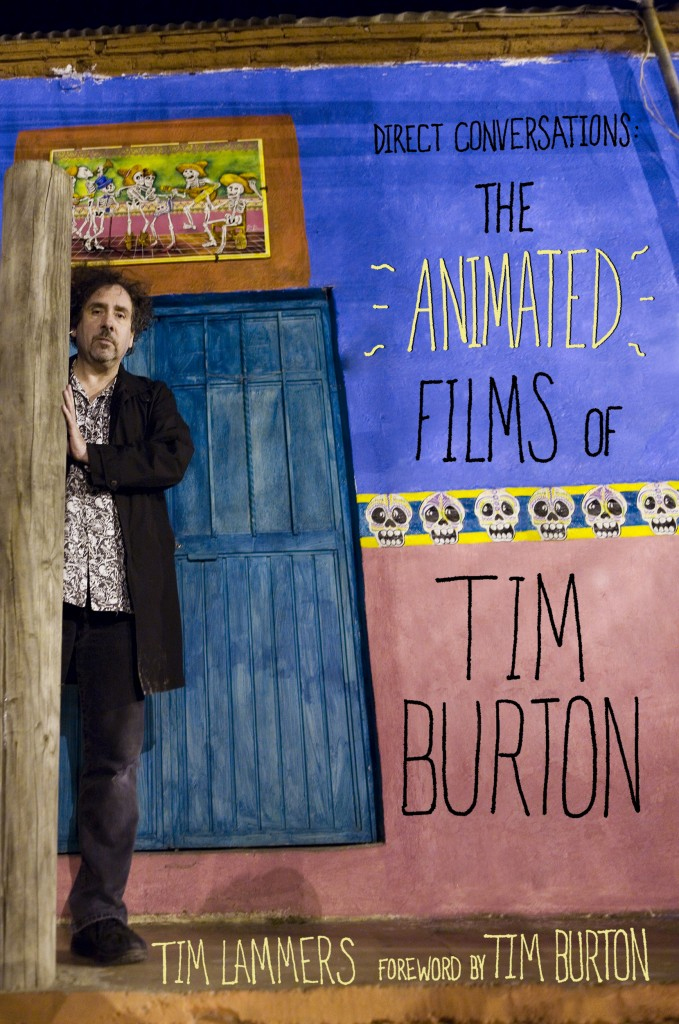When director Bill Pohlad decided to take on a film about music icon Brian Wilson for a spin with “Love & Mercy,” he chose for a more compact approach to the Beach Boys founder’s life. Effectively, Pohlad decided to tell a dual story — a 45 single and its flip side — rather than attempting to capture everything in Wilson’s complex life in a 33 1/3 album or literal larger record of his life.
By narrowing the focus, Pohlad said, he could key in on two pivotal time periods of Wilson’s life and do them justice, instead of watering the music legend’s life events down for the sake of creating a traditional biopic.
“With a biographical movie, you feel like you have tell every single beat of a person’s story. But in most cases, you end up having to tell these beats at the expense of an intimate look at whoever’s involved,” Pohlad told me in a recent interview. “With all due respect, there’s a place to see the People magazine part of somebody’s story — where they did this and that — but that doesn’t interest me. I wanted to get deeper with Brian Wilson’s story and find out what drives him and moves him as a human being.”
Opening in theaters nationwide on Friday, “Love & Mercy” in flashback scenes chronicle the Beach Boys in the 1960s in the years surrounding the recording of their masterpiece album “Pet Sounds” (Paul Dano plays the younger version) and looks at the musician/composer in the late 1980s and early 1990s (John Cusack). The film begins with the first meeting between the musician and his future wife, Melinda Ledbetter (Elizabeth Banks), who aims to liberate, and eventually legally emancipate Wilson from the 24/7 care of his controversial guardian, Dr. Eugene Landy (Paul Giamatti).
A psychologist and psychotherapist who made his name treating several name actors and musicians, Landy micromanaged Wilson’s life with via the use of prescription drugs and duress. One constant throughout “Love & Mercy” is Wilson’s mental fragility, exacerbated by his abusive father/Beach Boys manager and music publisher, Murry Wilson (Bill Camp) and later, by the abusive Landy.

In his first directing gig since 1990’s “Old Explorers,” Pohlad, 59, said he was fortunate enough to film “Love & Mercy” with the cooperation of Brian Wilson and Ledbetter. The filmmaker was happy that the duo supplied him with the right amount of creative freedom to tell the story the way he wanted.
“They were close to the making of the film in some ways, and not very close in the others,” said Pohlad, the youngest son of late Minnesota Twins owner Carl Pohlad. “Obviously, we had to get their life rights and the rights to the songs, and part of process is coming to an understanding with them so they could find a trust level with me. I said to them, if they were going to make a movie about their own lives, it would be a lot different, and may not be of interest to other people. Sometimes, you need someone to take a look from the outside.”
Of course, one large, important chapter of Wilson’s life that needed to be told in order for “Love & Mercy” to be effective was about the command Landy had over him, which eventually came to a head after Wilson met Ledbetter.
“One of the first things I said to Brian when I met him for the first time was, ‘My vision for this is a real intimate movie. That means that it’s not just going to be a story on the surface and that everything is great. It’s going to leave you vulnerable. We’ll have to address a lot of things that make you uncomfortable,'” Pohlad recalled. “But Brian wasn’t shy about that. He cared, but he has a pure presence about him. He’s like a child. Once he trusts you, he trusts you. He wasn’t cynical about things. He was very balanced. ”
No matter what subject matter he and his fellow filmmakers broached, Pohlad said that Wilson and Ledbetter were constant sources of support. At the same time, Pohlad — the producer of such noted films as “Brokeback Mountain,” “The Tree of Life” and the 2013 Best Picture Oscar winner “12 Years a Slave” — said the couple kept a safe distance from the production.
“Brian and Melinda were there to draw from when we needed them, but they weren’t hanging around the set going, ‘Ah, I wouldn’t say that’ or ‘I wouldn’t have done that.’ That would have been a killer. Instead, they were super great about it,” Pohlad said. “Besides, Brian isn’t interested in much else but music, and that’s where he lives. Sitting around on a movie set doesn’t do much for him. He would just as soon get back to his piano.”
If anything, Pohlad said, Wilson’s greatest involvement came at the beginning and the close to the end of the project.
“We had a read-through of the script before we started shooting for him to hear, and we showed him a rough cut of the film,” Pohlad said. “Both times he gave us very insightful notes, but he wasn’t all over us about changing things.”
Despite the leeway Wilson and Ledbetter gave him, Pohlad said he took his creative freedom very seriously.
“There’s a lot of responsibility in making a movie about Brian Wilson’s life,” Pohlad said. “Still, you have to ignore that to some degree and build up enough ego or confidence to say, ‘I can do this,’ and not be swayed by anyone else who says, ‘You better have this in there and you better have that.’ It was important to me not just to connect to the Beach Boys and Brian Wilson and all their great music, but find the personal side of it.”


